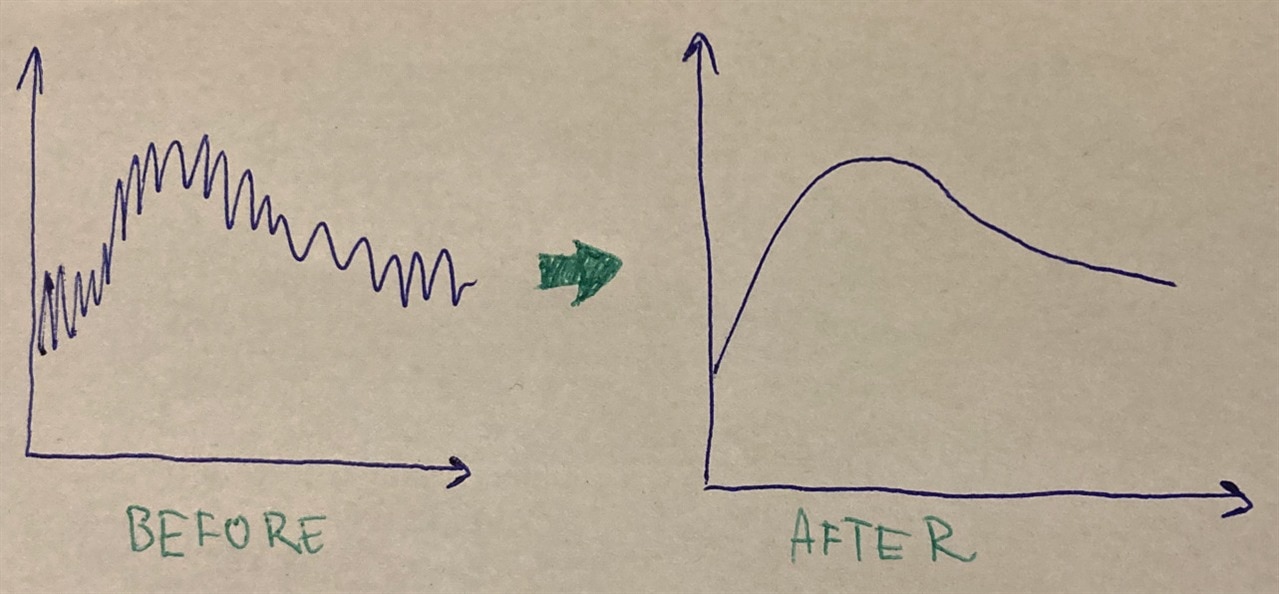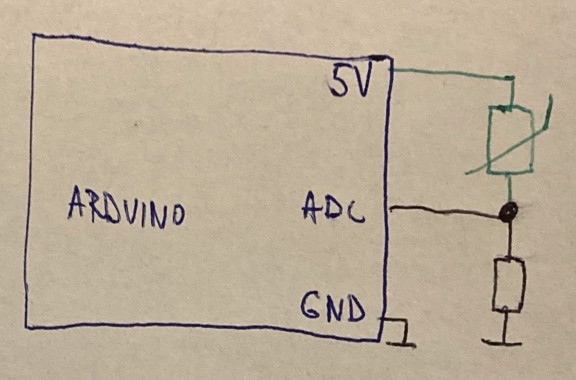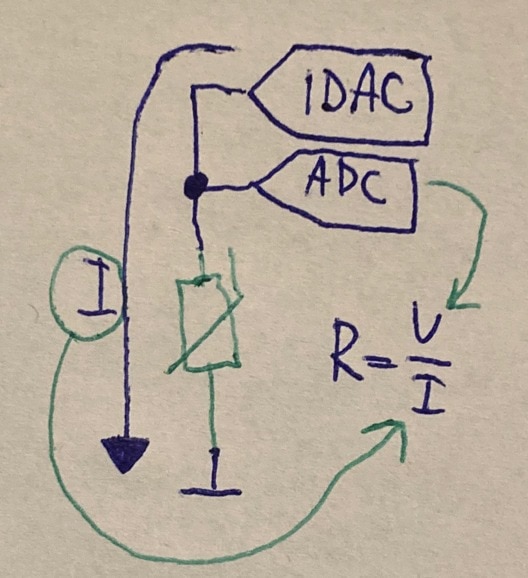Hello everyone.
I welcome you to my first blog as part of Experimenting with Thermistors Design Challenge sponsored by Molex. This is first blog of my series of blogs which I will post as part of this contest in next two months. In this blog post I will describe my plans as part of this contest.
About Me
I am student at FIT CTU at Prague. In my free time I contribute to element14 community. I have done some RoadTests. Recently I joined and won Experimenting with Current Sense Amplifiers Design Challenge. I like all microcontrollers ranging from simple 8-bit AVRs to most complex ARM SoCs and I like playing with them. While my primary interest is in IT, in last years I spend lot of time with electronics and especially digital electronics.
At the beginning I would like to say what this series is about.
What is thermistor?
Thermistor is electronic part which behave like a resistor, but its resistance significantly changes with changing temperature. In this blogs series I will work with NTC thermistors which decreases resistance when temperature rises. They can be used for measuring temperature. There are many other options for measuring temperature including modern digital temperature sensors. Different types of temperature sensors have different properties. NTC Thermistors which I will use works in range -40 to 135 °C and have accuracy of 1 or 2% at 25°C in case of thermistors which I will use. Some alternative types of temperature sensors have different properties, support different temperature range, has different accuracy, and have different pros and cons when using.
In schematics I will use following signs for indicating thermistors:
In Kicad:

In hand-drawn schematics:

My Experiment Plans
While I did not receive Thermistors Kit at the time of writing this blog, I still started planning my experiments as part of this contest. My main experiment is based on testing different techniques used for reduction noise of ADC measurements. I want to try use high-resolution advanced ADC and test how does it behaves in some configurations. I want to start with ultra-basic setup with just a MCU, ADC converter chip and thermistor connected and test how much noise this setup produce. Then I want to deploy some techniques starting at techniques as simple as placing decoupling capacitor to the circuit and check how does the level of noise change. Except HW techniques I want to also test some digital filters implemented in software or provided by ADC chip.

Before I start with this experiment, I want to become familiar with thermistors and I want to test simple measurements with Arduino or some other board. I will write some blog posts designed as tutorials about this.

When I was researching information about thermistors, I have seen two approaches for measuring resistance (temperature). The first is quite simple measuring voltage at thermistor connected in voltage divider. This approach is intuitive to me, but second approach was much more interesting to me because I have not seen it before. It is based on sourcing fixed static current through the thermistor and measuring voltage on it. With known fixed current and measured voltage, you can directly compute resistance from ohm law. I found some connections of this in some application notes on internet and this approach is very interesting to me, because it has slightly different properties then measuring temperature using voltage divider connection. So, my next step most probably would be experimenting with this approach of measuring temperature using thermistor and in case of success I will describe this approach in detailed blog post further including results of my experiment. Note that real implementation of this concept is more advanced than presented on flowing image. Real implementations utilize differential ADC measurements, voltage references and some more. In opposition this approach should provide better results and mitigate some negative aspects of thermistors.

Finally, after completing my experiments described above, I maybe make some project or device prototype featuring thermistors from kit. This depends mainly on level of free time. I also currently have no idea about some good project. but I guess that I will get some idea after I get thermistors to the hand. At the time of writing this blog posts they are somewhere on the way between United States and Europe according to UPS tracking.

Used Hardware
In previous section I slightly mentioned which hardware I want to use. Except thermistors it is Arduino, maybe some other microcontroller, some advanced ADC chip for high-resolution measurements, static current source (usually referred as IDAC) for testing fixed current measurement approach and maybe some few other. For my experiments with high-resolution ADC, I want to make PCB. I am designing it at this time at the time of writing this blog. Currently I consider some 24-bit ADCs from Maxim (I like Maxim chips because they have good performance and they send me them as a free sample ), but maybe I will need to downgrade if I realize that I am unable to solder it.
Last words
This is all from my introductory blog. For me next two months will be very educative, I think. Thank you for reading this blog and stay tuned to my next blog posts. I like to hear what you think about my experiments, so kindly comment below. After I receive thermistor kit, I will try to shortly provide some basic tutorials and will share my first thoughts about thermistors from kit.
